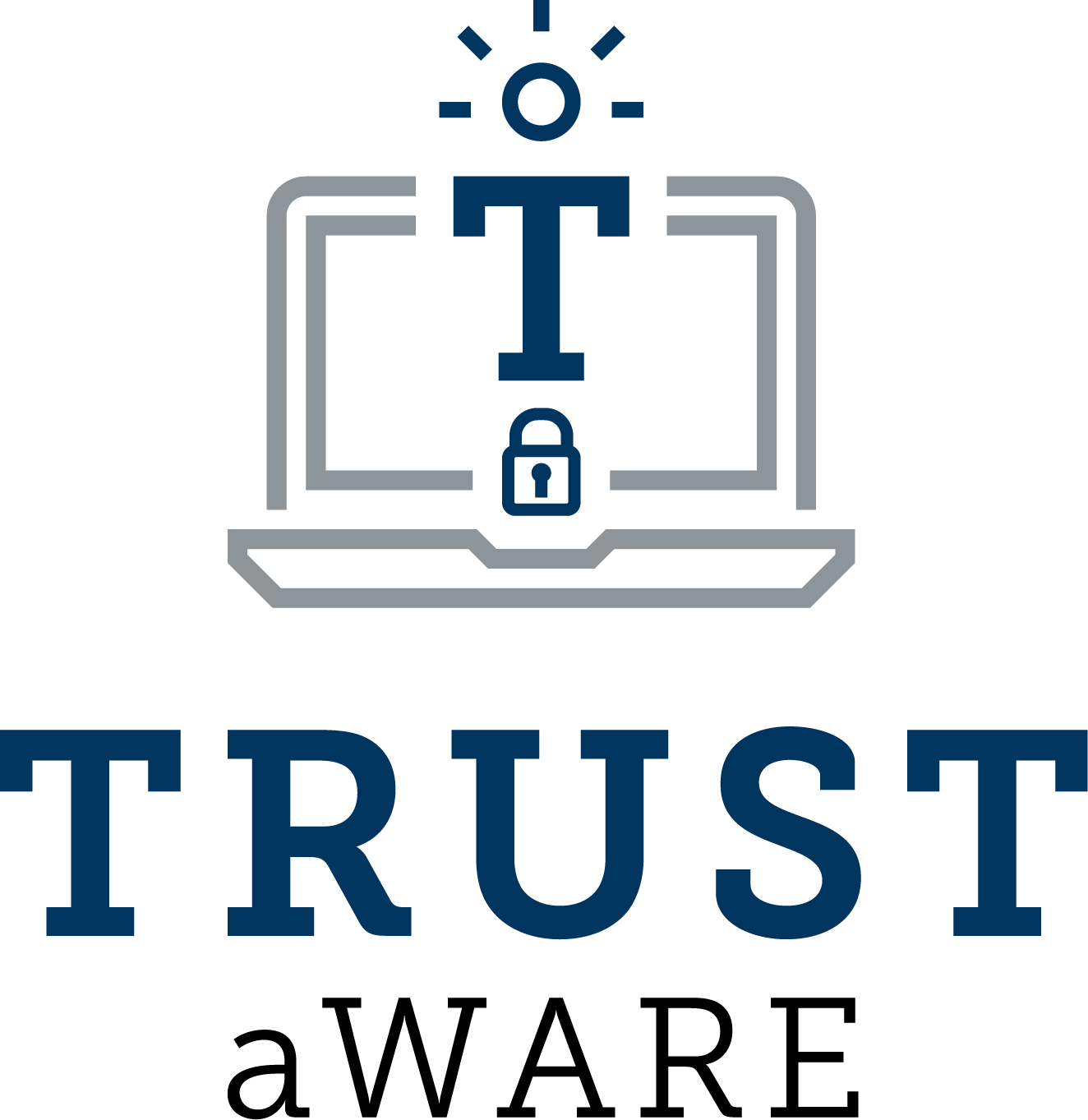Valuing the benefits to society of improving online security and privacy

by Paula Cullen (Trilateral Research)
Beyond financial savings, security and privacy tools, such as those developed in TRUST aWARE, help foster social connections, enhance essential service access, and combat harmful content leading to substantial benefits to society.
As technology continues to evolve, so too do the threats and vulnerabilities that accompany it. Improving digital security and privacy (S&P) to counteract these threats produces numerous societal benefits, including reducing the financial cost of breaches, fostering social connections, enhancing access to essential services, mitigating cybercrime, and combating harmful content and disinformation. While some of these benefits lead to more money in the pocket of citizens and the public sector, others are intangible. Accounting for both provides a better picture of the positive impact of a S&P project such as TRUST aWARE. A good understanding of all benefits helps with assessing the level of investment, which should be placed into S&P and associated S&P solutions.
Reduced cost of S&P breaches and cybercrime
One of the primary benefits of the TRUST aWARE project lies in its ability to mitigate the costs associated with S&P breaches, particularly data breaches. These breaches not only result in financial losses but also inflict intangible harms such as psychological distress. By enhancing S&P behaviours and practices, the project aims to reduce the likelihood of breaches, thus delivering significant social benefits.
We estimate that the current annual cost of breaches in the EU to the public and public sector is a staggering €2.26 billion. This incorporates the value the public places on online privacy as well as costs associated with the public sector, being the victim of a data breach including notification and staff costs. While this figure is substantial, the impact of cybercrime on wellbeing dwarfs it at an estimated €17.2 billion annual cost alongside monetary and time costs of €1.9 billion. Data from breaches is often used by cybercriminals either directly via user accounts or passwords or in combination with phishing attacks. Hence, improving S&P practices can also reduce cybercrime. Any project that can reduce the occurrence of breaches and cybercrime has a substantial public benefit beyond reducing the direct monetary losses experienced by the public and public sector. We estimated that S&P tools such as those developed for TRUST aWARE could result in more than a billion euro benefit in reduced costs in these areas.
Increase in social connections
A key focus of the TRUST aWARE project is trust. By implementing the developed tools, social connections are fostered through addressing concerns about privacy and online safety. TRUST aWARE empowers users to engage more confidently in digital interactions. Social interaction plays a crucial role in enhancing quality of life, particularly among vulnerable populations such as the elderly. By encouraging increased social media use and facilitating connections, the project may contribute to improved mental health outcomes and reduced loneliness. We estimate that the cost of loneliness to society is €1,025 per lonely person (based on the research of McDaid, Park and Fernandez (2016) and Fulton and Jupp (2015)). With 13% of EU citizens reporting being very or fairly lonely we estimate that that value of decreasing loneliness levels through S&P tools, like those in TRUST aWARE, to be approximately €2 billion (Gallup, 2023).
Increased access to essential services
The transition of essential services to online platforms has brought about numerous benefits, including increased accessibility and cost savings. However, certain barriers, such as security concerns, hinder widespread adoption of online services. TRUST aWARE seeks to overcome these barriers by instilling trust and confidence in online platforms, thereby encouraging greater utilisation of essential services. Additionally, improving S&P can lead to a reduction in downtime of online and web-based services. This shift towards online service usage can lead to significant savings for both individuals and public sector organisations. We estimate the benefit of an improvement in this area, due to the S&P tools such as those develop for the TRUST aWARE project, to have a value to the public and public sector of over €800 million.
Reduced impact of harmful content and disinformation
Harmful content and disinformation can have substantial and ongoing impacts on society. The TRUST aWARE project develops user-facing tools aimed at reducing the impact of this content as well as a focus on improving regulation. Eurostat data suggests that approximately 3% of children in the EU are currently exposed to harmful online content while disinformation can have profound effects on health and political stability (Eurostat, 2023). The financial toll of disinformation, exemplified by the costs associated with topics like COVID-19 vaccines, underscores its significant impact. However, estimating the monetary cost of disinformation proves challenging due to its dependence on dynamic world events and its varying levels of success in the face of public opinion which is constantly shifting and altering. Similarly, the cost of harmful content is also difficult to estimate. Consequently, the exact monetary benefit of reducing the impact of harmful content and disinformation remains uncertain. This is an area which we have identified for further research.
S&P tools have substantial value to society
Enhancing S&P through initiatives like TRUST aWARE yields numerous societal advantages. By tackling cyber threats, these projects mitigate financial losses and protect individuals’ well-being. Moreover, they foster trust in digital interactions, facilitating social connections and reducing loneliness, especially among vulnerable groups. Additionally, by bolstering confidence in online platforms, S&P initiatives promote broader access to essential services, cutting costs for individuals and public sector entities. We estimated that across a five-year period TRUST aWARE could lead to €18 billion in value to society. As technology progresses, investing in S&P becomes not only essential for safeguarding against cyber threats but also for fostering a more resilient and inclusive digital society.
References
Eurostat. (2023). Security related problems experienced when using the internet [dataset]. https://data.europa.eu/data/datasets/hfw9syghloladgkumxsnpq?locale=en
Fulton, L., & Jupp, B. (2015). Investing to tackle loneliness: A discussion paper. Social Finance. https://www.socialfinance.org.uk/assets/documents/investing_to_tackle_loneliness.pdf
Gallup. (2023). The Global State of Social Connections. Gallup and Meta. https://www.gallup.com/analytics/509675/state-of-social-connections.aspx
McDaid, D., Park, A.-L., & Fernandez, J.-L. (2016). Reconnections Evaluation Interim Report. Personal Social Services Research Unit (PSSRU), London School of Economics and Political Science. https://golab.bsg.ox.ac.uk/knowledge-bank/resource-library/reconnections-evaluation-interim-report/


